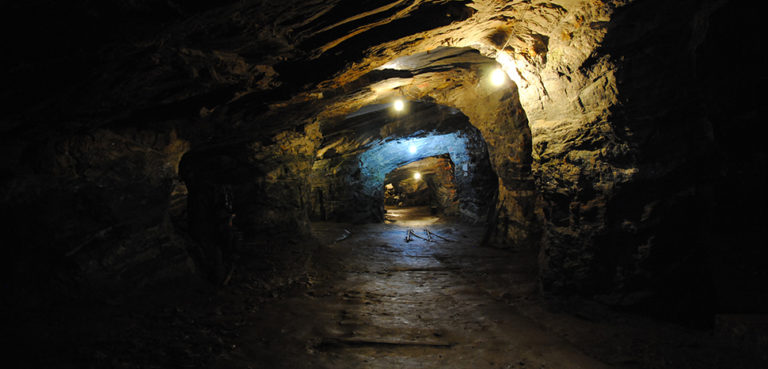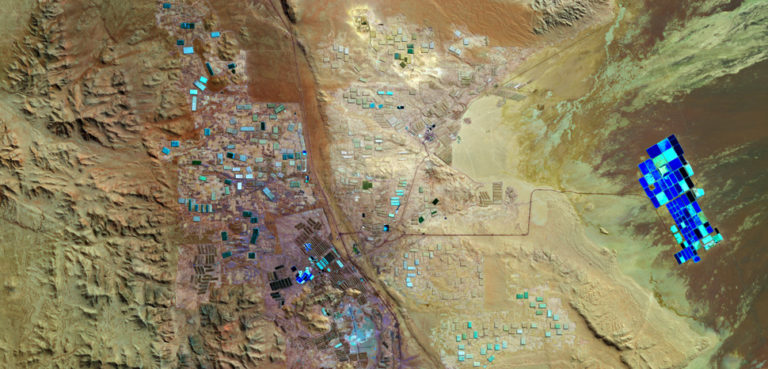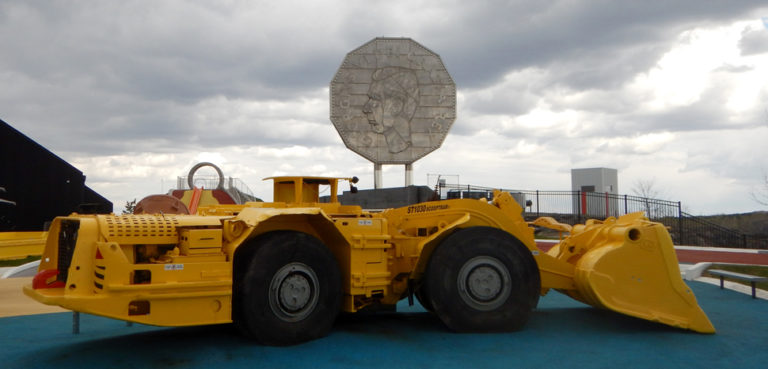The Democratic Republic of Congo (DRC) is experiencing another flareup of violence, one that threatens the country’s delicate political equilibrium along with the supply chain security of various critical minerals. The latest hostilities broke out on October 21 in North Kivu province, pitting the March 23 (M23) rebels – a group long suspected of being supported by Rwanda – and a militia aligned with the DRC government. And it marks the end of a tenuous ceasefire that had previously been mediated by Angola and implemented in August.
The attacks come as bilateral negotiations between Rwanda and the DRC hit a roadblock, raising fears of new upheavals in an already volatile region. The scale of the fighting is also significant, as M23 claims to have seized the town of Kalembe before being driven out by pro-government forces.
State of the DRC Conflict
Since the end of the Rwandan genocide, Rwanda has had a keen eye on developments occurring across the border into the Lakes provinces of North and South Kivu. Hutu militias, many of which were complicit in the 1994 genocide of Rwandan Tutsis, continue to operate freely across Rwanda’s border in the DRC. Kigali considers these militant groups to be a threat to its internal security, hence its support for predominantly Tutsi groups like M23.




